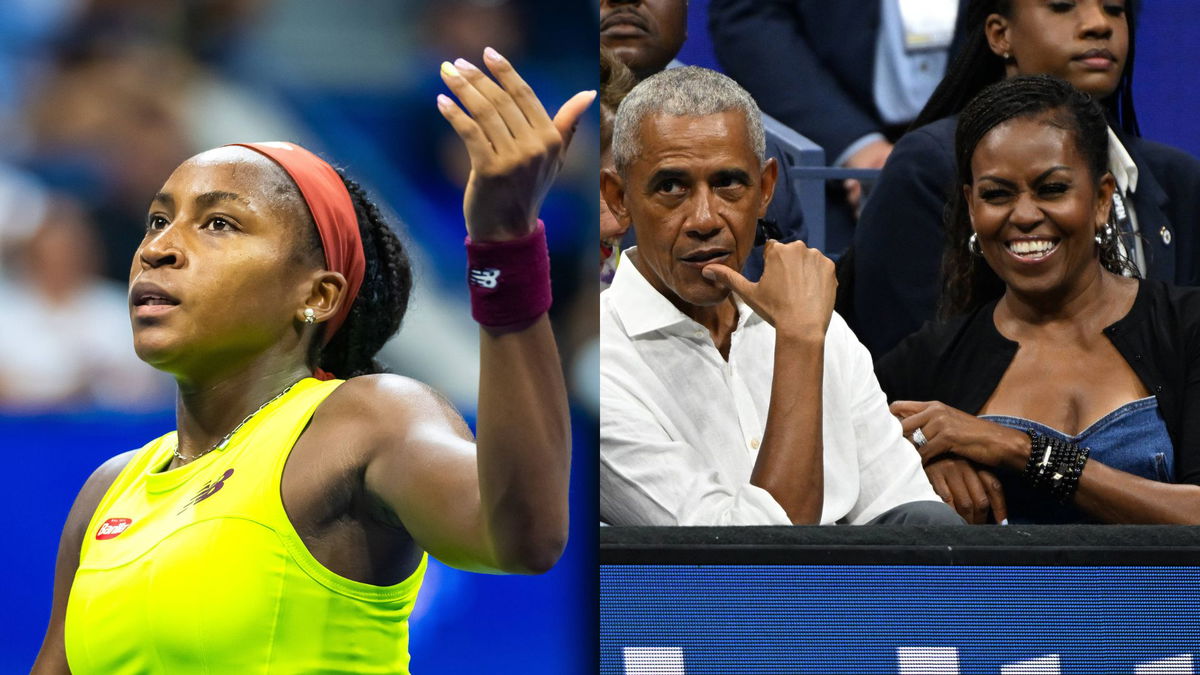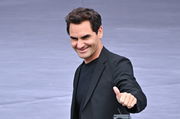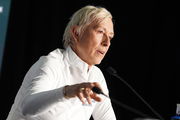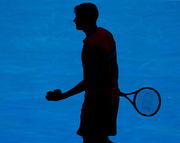
Imago
Image credits – Imago

Imago
Image credits – Imago
In the captivating arena of professional tennis, where every serve and rally can spell victory or defeat, the incredible rise of Coco Gauff has been a spectacle to behold. With already a Citi Open and a Cincinnati Masters title in her bag, Coco Gauff and her fans can’t help but eye the maiden US Open title for the teenage phenom. But as all eyes are on her, there’s an interesting question: Did the US Open make a wrong move by not letting Coco Gauff play her Round 2 match at night?
Watch What’s Trending Now!
This is a question that will be certainly on everybody’s mind. Playing under the NYC’s starry night is certainly a special occasion, so why isn’t Gauff playing at night? Let’s take a look.
ADVERTISEMENT
Coco Gauff’s night match dilemma at the US Open
In this year’s US Open, young American tennis star Coco Gauff had a challenging first match. The crowd watching was full of celebrities, including Barack and Michelle Obama, tennis great Billie Jean King, fashion icon Anna Wintour, and skiing champion Lindsey Vonn. But, in the end, Gauff won the match in 3 sets.
When Coco Gauff turned 18 last year, she entered a new phase in her tennis journey. Before that, due to her age, organizers didn’t let her play the second match in the night at tournaments. But now that she’s an adult, things have changed. But was it more beneficial for the US Open and for Coco Gauff to play late at night?
Top Stories
Roger Federer Sparks Comeback Frenzy After Huge Australian Open Announcement

Martina Navratilova Drops 3-Word Message in Aryna Sabalenka’s Support Over Her Recent Comments

Aryna Sabalenka Breaks Silence on Nationality Switch After Belarus Representation Ban

26YO ATP Pro Handed 20 Years of Suspension After Breaching 27 Anti-corruption Programs

Nick Kyrgios Defends Aryna Sabalenka Amid Billie Jean King’s Criticism


Imago
Image credits – Imago
But, for obvious reasons, Gauff doesn’t prefer night matches. At Montreal, Gauff honestly said, “It still was rough waking up. It does affect you. That first set against Jess, my legs felt really flat,” according to the Guardian. Other players like Rybakina also felt the same after matches that finished as late as 3 am. The effects continue into the next week, creating what Gauff accurately called a “terrible week.” Even though the praise and audience she receives at night matches are much larger and popular.
ADVERTISEMENT
ADVERTISEMENT
Is tennis’ evolving challenges putting pressure on young players like Gauff?
The situation becomes more complex when we look deeper. Tennis has changed over time, with longer and more physically demanding matches. Courts have become slower, and games take more time. Even though a shot clock was introduced to speed up matches, its success has been limited. Players now have a specific amount of time between points, but some players are using this time to their advantage, making matches even longer.
As the US Open continues and everyone keeps watching Coco Gauff, the issue of when to schedule her matches will come up again. Finding the right balance between making matches exciting, keeping players well, and making matches go smoothly needs to be looked at more closely.
ADVERTISEMENT
WATCH THIS STORY: Serena Williams pays tribute to Roger Federer.
ADVERTISEMENT
ADVERTISEMENT
ADVERTISEMENT

